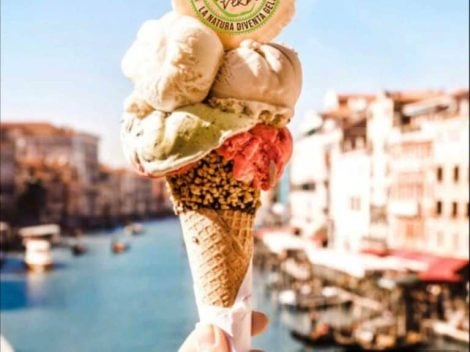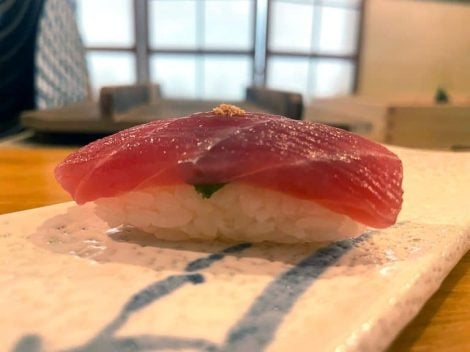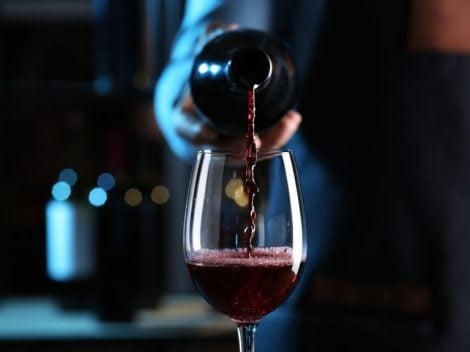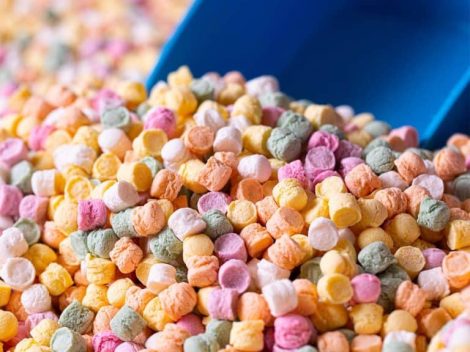Transparent bottles can cause wine to develop a smell of boiled cabbage or sewer, and those selling these products are carrying out a "daylight robbery." These statements come not from uninformed individuals but from two Masters of Wine, Susie Barrie and Peter Richards, a married couple and top wine experts. They expressed strong words during the BBC One Saturday Kitchen program, stating that the taste and aroma of sparkling, white, and rosé wines can be seriously damaged when stored in translucent glass.
The impact of "light taste" on wine
The use of transparent glass in the packaging process can lead to the so-called "light taste" (or goût de lumière), where exposure to light destroys aromatic compounds and risks double fermentation, causing the beverages to take on an unpleasant odor. This results in aromatic profiles shifting dramatically towards scents of cooked cabbage, onions, and, in extreme cases, notes reminiscent of sewage. The two experts addressed this issue not for the first time, having discussed it in their Wine Blast podcast, where Susie Barrie had previously stated that this is currently the main problem wine enthusiasts must face: "The scope of the problem is probably much larger than any other odor in wine, yet we don't talk about it. Generally, we accept it, sometimes unintentionally embrace it, but mostly continue to pretend it's not a problem, while, in fact, it robs us all of our rightful enjoyment. It's daylight robbery in every sense."
How to mitigate the problem and Italian examples
This issue rarely affects red wines, as they are protected by polyphenols and tannins that mitigate the impact of light and slow down deterioration. For all other wines, the two experts have a very clear solution: they should be bottled in dark glass. Often, consumers, especially those less experienced, enjoy noting the color of a wine and, in their purchase, are influenced by visual analysis, albeit often superficial. Or perhaps some wineries prefer transparent packaging to highlight a particular bottle or label. In such cases, special sleeves, transparent or in subtle colors, designed specifically to protect bottles from UV rays, come to the rescue. In Italy, there are valid examples, especially in the sparkling wine sector, ranging from Cà del Bosco with Franciacorta DOCG Cuvée Prestige to Ferghettina Franciacorta Brut DOCG Milledì, and Haderburg, a small South Tyrolean producer, which uses paper sleeves for its entire production (excluding reds) but plans to switch to dark bottles soon.
Comparison with extra virgin olive oil
A similar case can be found in extra virgin olive oil, which has sworn enemies in heat, oxygen, and, indeed, light. Bottling and buying it in transparent bottles is not always a wise choice as exposure to light tends to accelerate oxidation processes, causing an increase in peroxide values and compounds responsible for the rancid sensation typical of oxidized oil. Not a trivial detail, as an excessive increase in these parameters can downgrade the oil from the merchandise category of extra virgin to virgin. Therefore, the advice is not to buy oil in transparent containers only during the olive harvesting period, to keep it in the dark, and to consume it quickly. A valid alternative can be a transparent oil bottle placed in a cardboard packaging that serves a protective function for the product, as seen in the case of Laudemio in Tuscany.
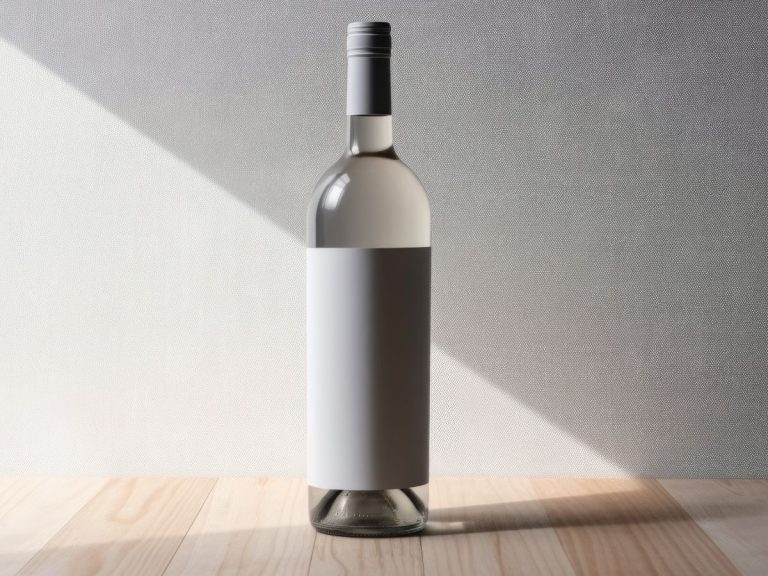
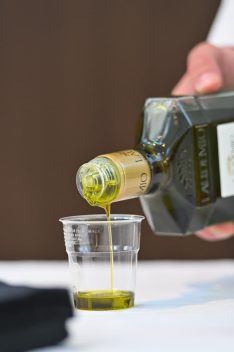
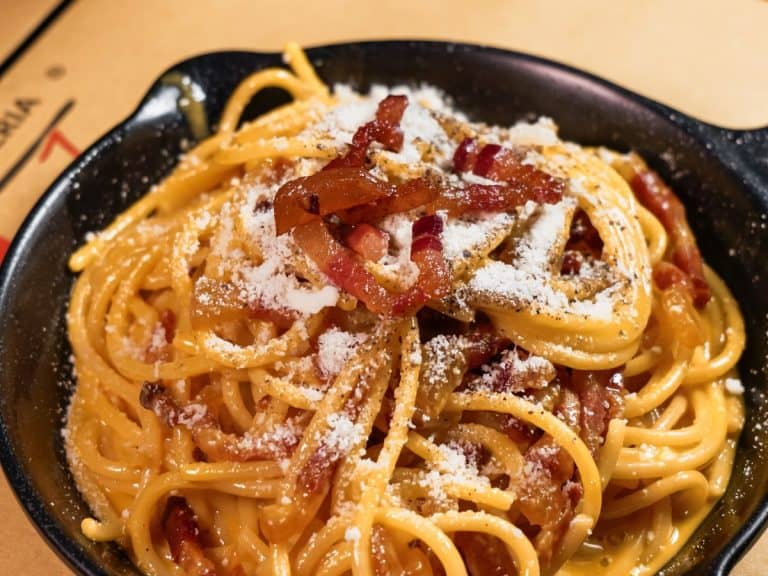 Where to eat in Ariccia. The best addresses selected by Gambero Rosso
Where to eat in Ariccia. The best addresses selected by Gambero Rosso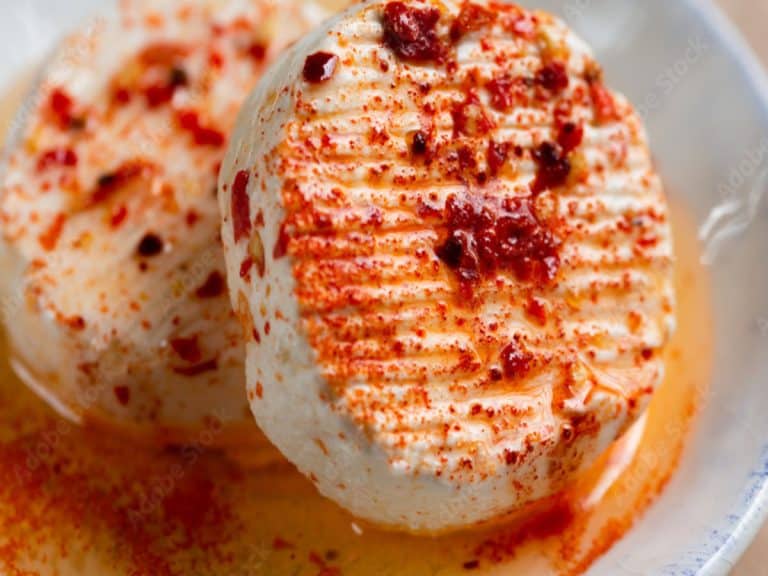 The 'electric tomino', the unknown specialty of Piedmontese taverns. What it is and where to eat it in Turin
The 'electric tomino', the unknown specialty of Piedmontese taverns. What it is and where to eat it in Turin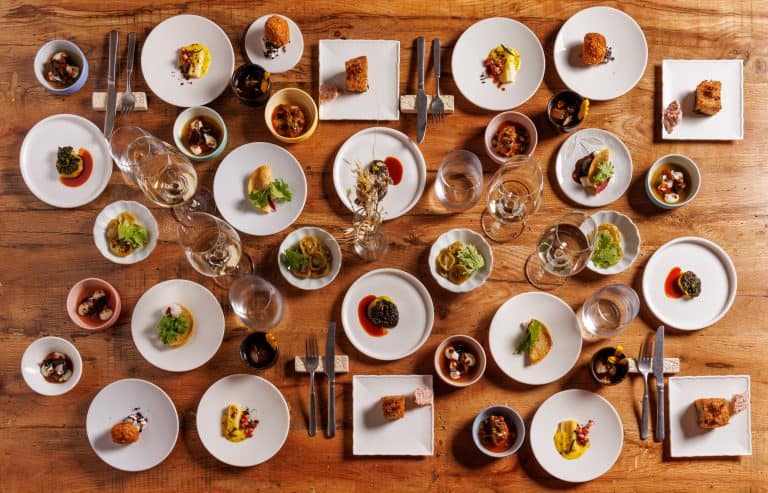 To be shared and enjoyed together. The return of Italian appetizers that have conquered Michelin-starred chefs
To be shared and enjoyed together. The return of Italian appetizers that have conquered Michelin-starred chefs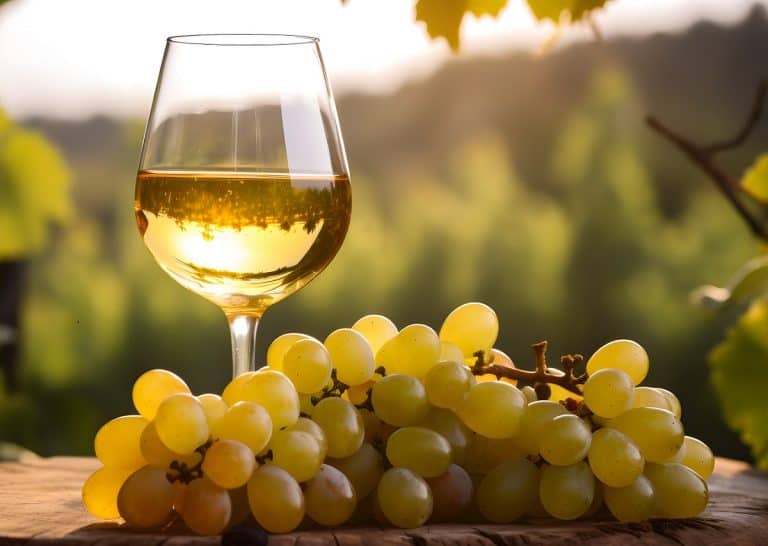 The 8 best Vitovska Wines from Friuli Venezia Giulia selected by Gambero Rosso
The 8 best Vitovska Wines from Friuli Venezia Giulia selected by Gambero Rosso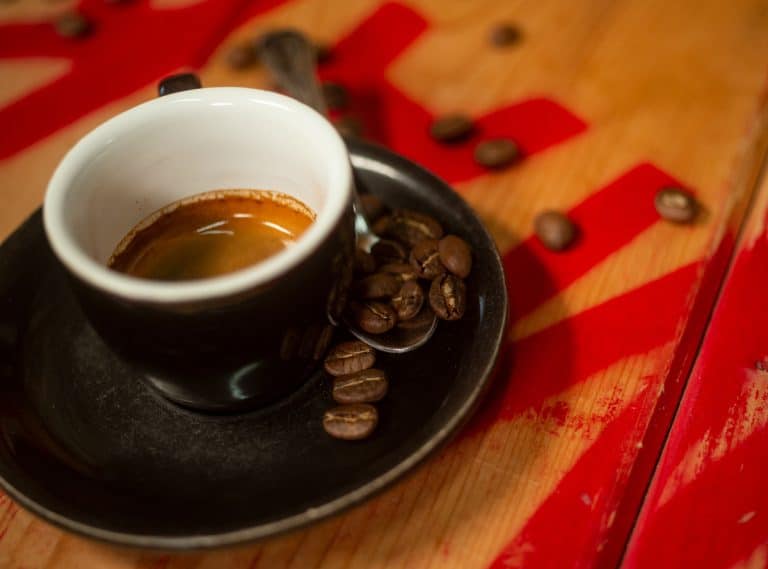 History of the hidden specialty coffee shop in an agricultural market in Rieti
History of the hidden specialty coffee shop in an agricultural market in Rieti
